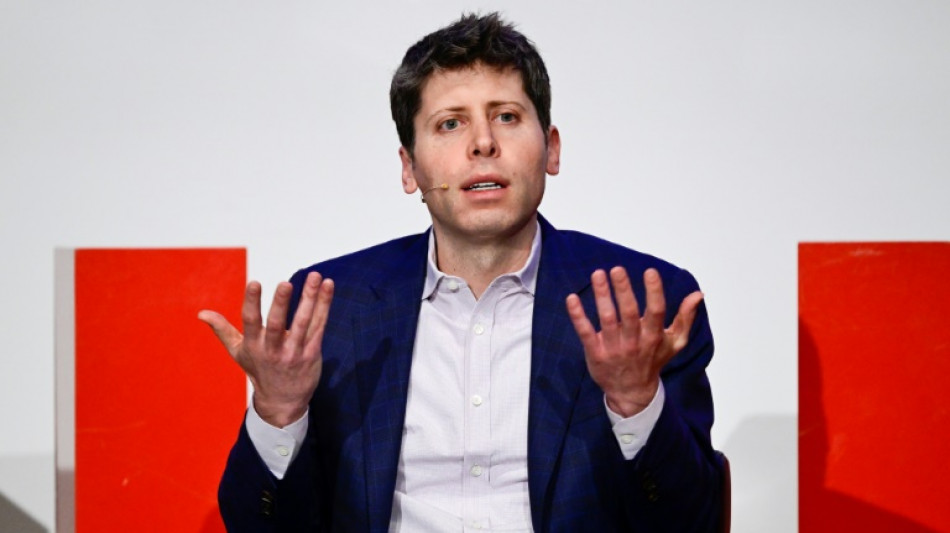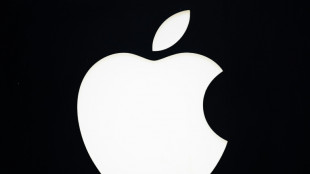

Microsoft holds 27% of OpenAI in revamped partnership
Microsoft and OpenAI announced Tuesday a sweeping overhaul of their landmark artificial intelligence (AI) partnership, giving both companies greater independence while maintaining their close collaboration.
Microsoft will hold approximately 27 percent of the restructured OpenAI, an investment valued at roughly $135 billion, as the ChatGPT maker transitions to a public benefit corporation structure, according to a blog post on the OpenAI website.
OpenAI has also committed to purchasing $250 billion in Azure cloud services from the tech giant, though Microsoft no longer holds first refusal rights as OpenAI's compute provider.
In the deal, Microsoft's intellectual rights for both OpenAI's models and products are extended through 2032.
"As we enter the next phase of this partnership, we've signed a new definitive agreement that builds on our foundation, strengthens our partnership, and sets the stage for long-term success for both organizations," the companies said in a joint statement.
Regulators have signed off on the arrangement, according to the companies.
Microsoft has been a key investor in the ChatGPT-maker as OpenAI became the major player in the spending frenzy around generative AI, the technology that Silicon Valley believes will soon take over important aspects of everyday life.
But OpenAI, under the leadership of CEO Sam Altman, has increasingly looked to expand its partnerships with other companies, raising questions as to whether its deal with Microsoft was still tenable.
The partnership began in 2019 when Microsoft invested $1 billion in what was then a small AI research organization founded in 2015 by tech luminaries including Elon Musk.
Microsoft deepened its commitment in 2021 with additional funding, and again in January 2023 with a reported $10 billion investment following the explosive popularity of OpenAI's ChatGPT chatbot, which launched in November 2022.
The partnership transformed both companies.
OpenAI evolved from a research lab into one of the world's most valuable startups, while Microsoft initially gained a commanding position in the AI race, integrating OpenAI's technology -- rebranded as Copilot -- across its product lineup from Bing search to Office applications.
The relationship faced turbulence in November 2023 when OpenAI's board abruptly fired Altman, only to reinstate him days later following an employee revolt and pressure from Microsoft.
The episode exposed tensions over OpenAI's governance and direction as it balanced its nonprofit origins with commercial ambitions. The new deal with Microsoft is part of OpenAI's revamp of its company structure to prevent further instability and attract new investors.
- Curing ills? -
The arrangement will see OpenAI given more flexibility in its future including the ability to develop products with third parties and serve some of its products on competing cloud platforms.
"We really think we can now take this technology -- this sort of framework we built -- and get the whole world to build amazing new companies and services and applications on top of it," Altman said in a streamed chat.
The initial focus of the OpenAI nonprofit that controls the public benefit coporation part of the startup is a $25 billion commitment to helping cure disease and maximizing benefits of generative AI while minimizing its risks, according to Altman.
Microsoft, meanwhile, can independently pursue AGI development alone or with other partners.
This refers to the pursuit of artificial general intelligence, a level of AI development that matches or exceeds human capability and was a crucial aspect in the company's previous agreements.
R.Pilialoha--HStB





